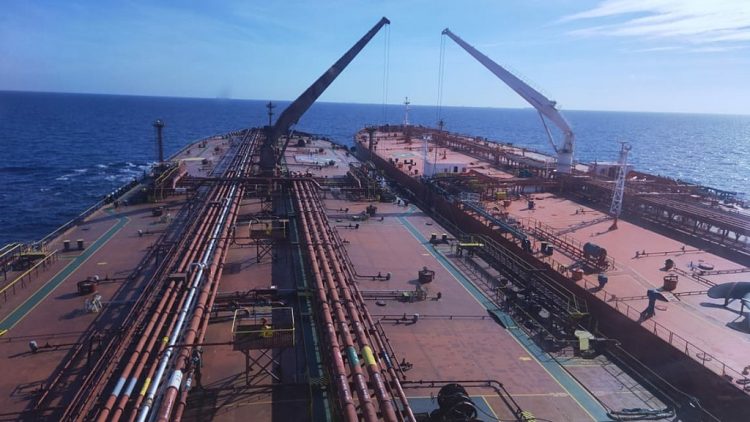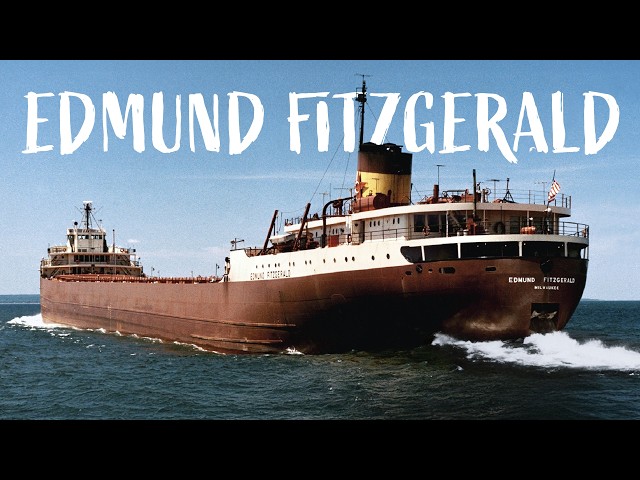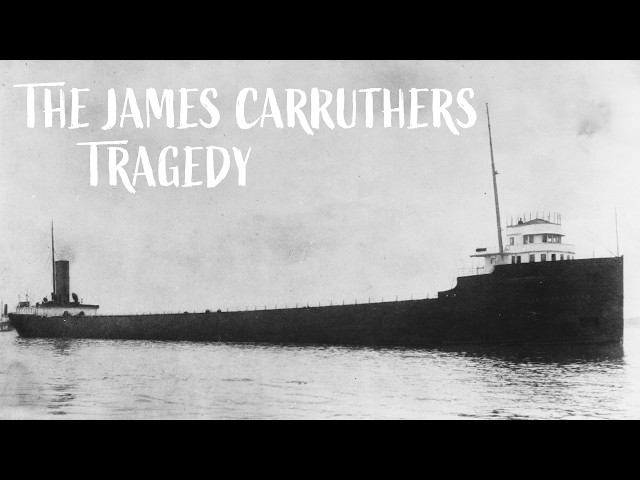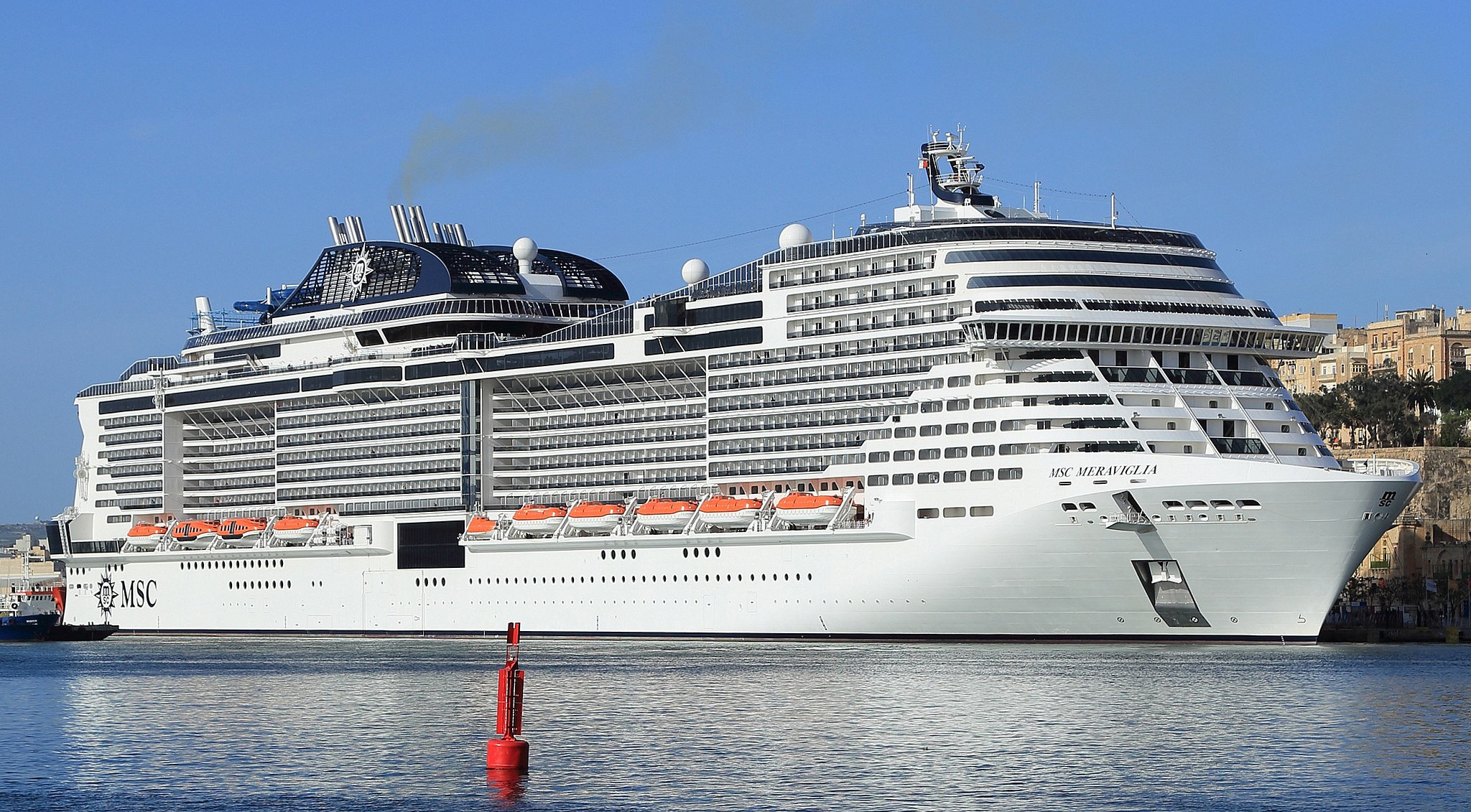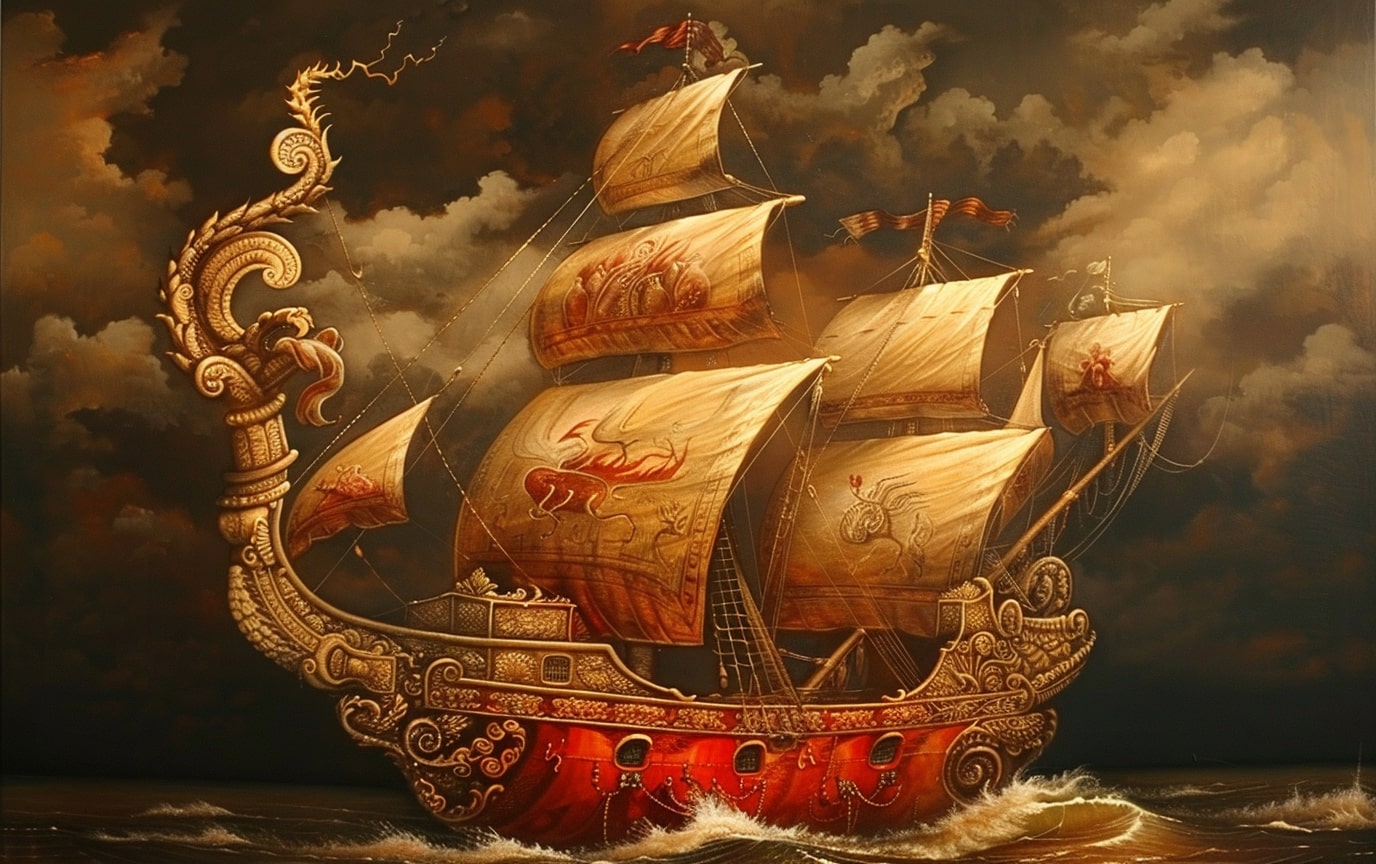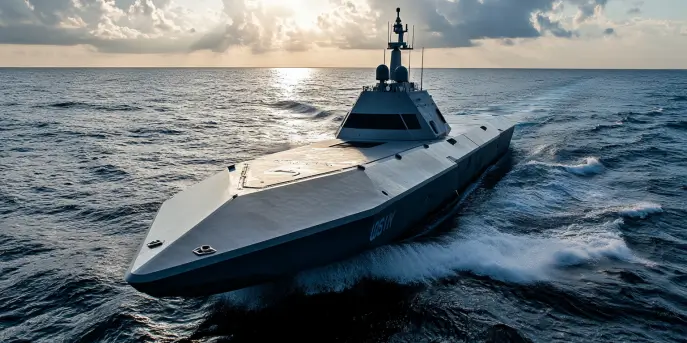What are Suezmax Oil Tankers?
Suezmax oil tankers are a type of ship specifically designed to transport large quantities of crude oil or petroleum products. They are named after the Suez Canal, a major shipping route that connects the Mediterranean Sea to the Red Sea, allowing ships to bypass the longer journey around the Cape of Good Hope.
Suezmax tankers are one of the largest vessels that can transit the Suez Canal. They have a maximum size limit that allows them to pass through the canal with a loaded draft of up to 20.1 meters. This makes them well-suited for transporting oil from the Middle East to Europe and the United States.
Key Features of Suezmax Oil Tankers
Here are some key features and specifications of Suezmax oil tankers:
- Size: The typical size range of a Suezmax tanker is between 120,000 and 200,000 deadweight tons (DWT). This means they can carry between 1 million and 1.6 million barrels of oil.
- Length and Beam: Suezmax tankers are approximately 275 meters long and have a beam of around 48 meters.
- Double Hull: Most modern Suezmax tankers are built with a double hull for increased safety and protection against oil spills.
Advantages of Suezmax Oil Tankers
Suezmax tankers offer several advantages over smaller tankers:
- Economies of Scale: By transporting larger quantities of oil, Suezmax tankers can achieve economies of scale, resulting in lower transportation costs per barrel.
- Efficient Use of Infrastructure: Suezmax tankers can utilize existing infrastructure, such as ports and terminals, without requiring major modifications or upgrades.
- Flexibility: Their size allows Suezmax tankers to call at a wide range of ports, giving them greater flexibility in terms of delivery options.
Challenges and Limitations
Despite their advantages, Suezmax tankers also face certain challenges and limitations:
- Draft Restrictions: The draft limitations of the Suez Canal can impact the size and load capacity of Suezmax tankers, as they must be designed to meet these restrictions.
- Market Volatility: The profitability of Suezmax tankers is heavily dependent on oil prices and market conditions, which can be subject to significant volatility.
- Environmental Concerns: Like all oil tankers, Suezmax tankers pose environmental risks in the event of an oil spill. However, the implementation of double-hull design and stricter industry regulations have helped reduce these risks.
The Future of Suezmax Tankers
The demand for Suezmax tankers is influenced by various factors, including global oil consumption, production levels, and geopolitical considerations. While the transportation of crude oil remains a vital part of the global energy industry, there are ongoing discussions and efforts to reduce reliance on fossil fuels and promote cleaner alternatives.
However, as the world transitions to a more sustainable energy mix, Suezmax tankers and the shipping industry as a whole may need to adapt and evolve. This could involve exploring alternative fuels, improving energy efficiency, or diversifying their operations to handle different types of cargo.
Ultimately, the future of Suezmax tankers will be shaped by a combination of market forces, technological advancements, and environmental considerations.
